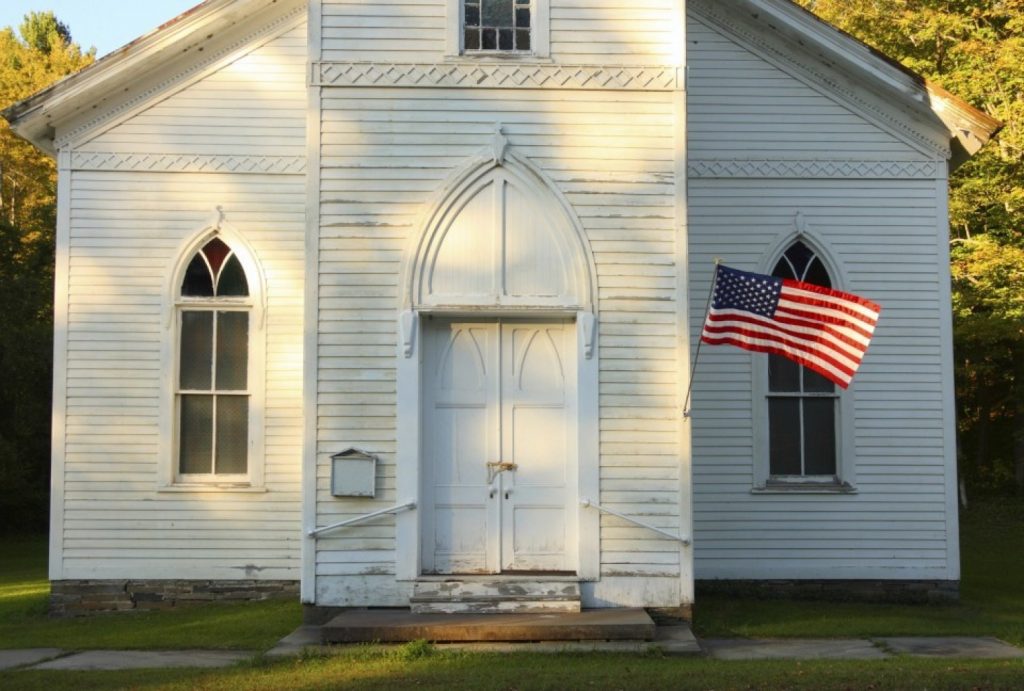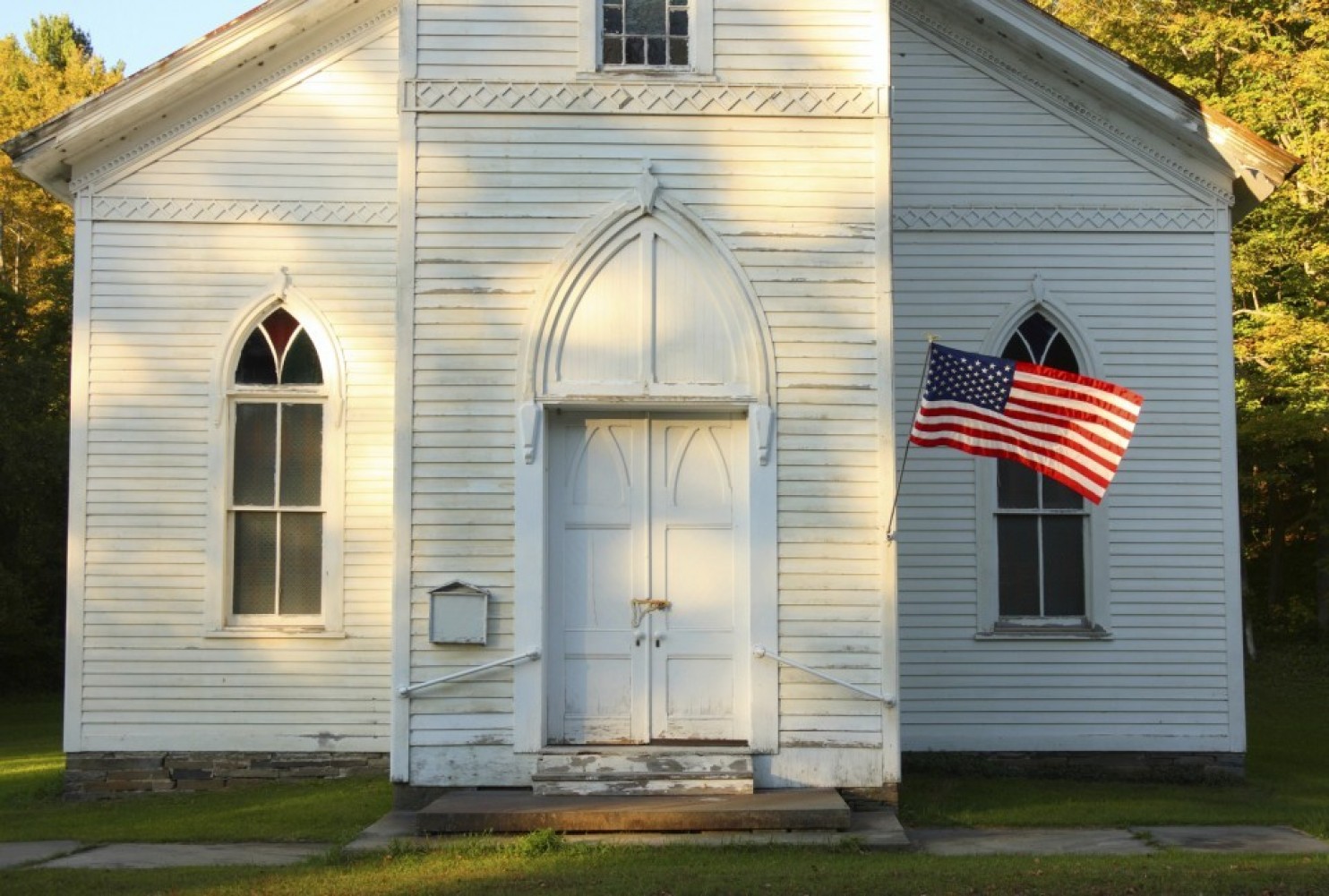
I am fascinated by the assumption that America was founded as a Christian nation. Sure, many of the “founders” were Christian, Protestant Christian mind you, but did they have a sense that what there we trying to do was to found some sort of Christian utopia? I am not so sure.
Writing for the Washington Post on the 4th of July, historian Sam Haselby asks the question I have often asked, what does it mean when we say that America was founded as a Christian nation?
When today’s Christian nationalists look back at the past two centuries of history, they see secular ideologies at the root of conflict and war. For Thomas Jefferson and James Madison, however, religion lay as the root cause of bloodshed and tyranny. They stood, in profound ways, closer to Martin Luther, and Galileo, than we do to them. Jefferson described his and Madison’s attempts in the 1780s to establish religious freedom in Virginia as “the severest contests in which I have ever been engaged.” Neither the Declaration of Independence nor the U.S. Constitution, the country’s charter documents, are partial to Christianity. The Declaration acknowledges the authority of “the Laws of Nature” and the deists’ beloved “Nature’s God.” Of the 27 grievances against the British Crown that the Declaration puts forward, not one concerns religion. Likewise, the Constitution merely recognizes “freedom of religion”; it doesn’t endorse Christianity — it doesn’t even mention it. These omissions present today’s Christian nationalists with a real awkwardness. It has forced advocates of the “Christian nation” or “Judeo-Christian nation” into strained textual exegeses attributing immense significance to the use of the Christian calendar for example, or elaborate justifications as to why a generation of men and women who said everything somehow left this important thing unsaid.
Read the rest here
If you are interested in this topic of American Christianity I might suggest the book, Was America Founded as a Christian Nation by Messiah College History Professor John Fea.

